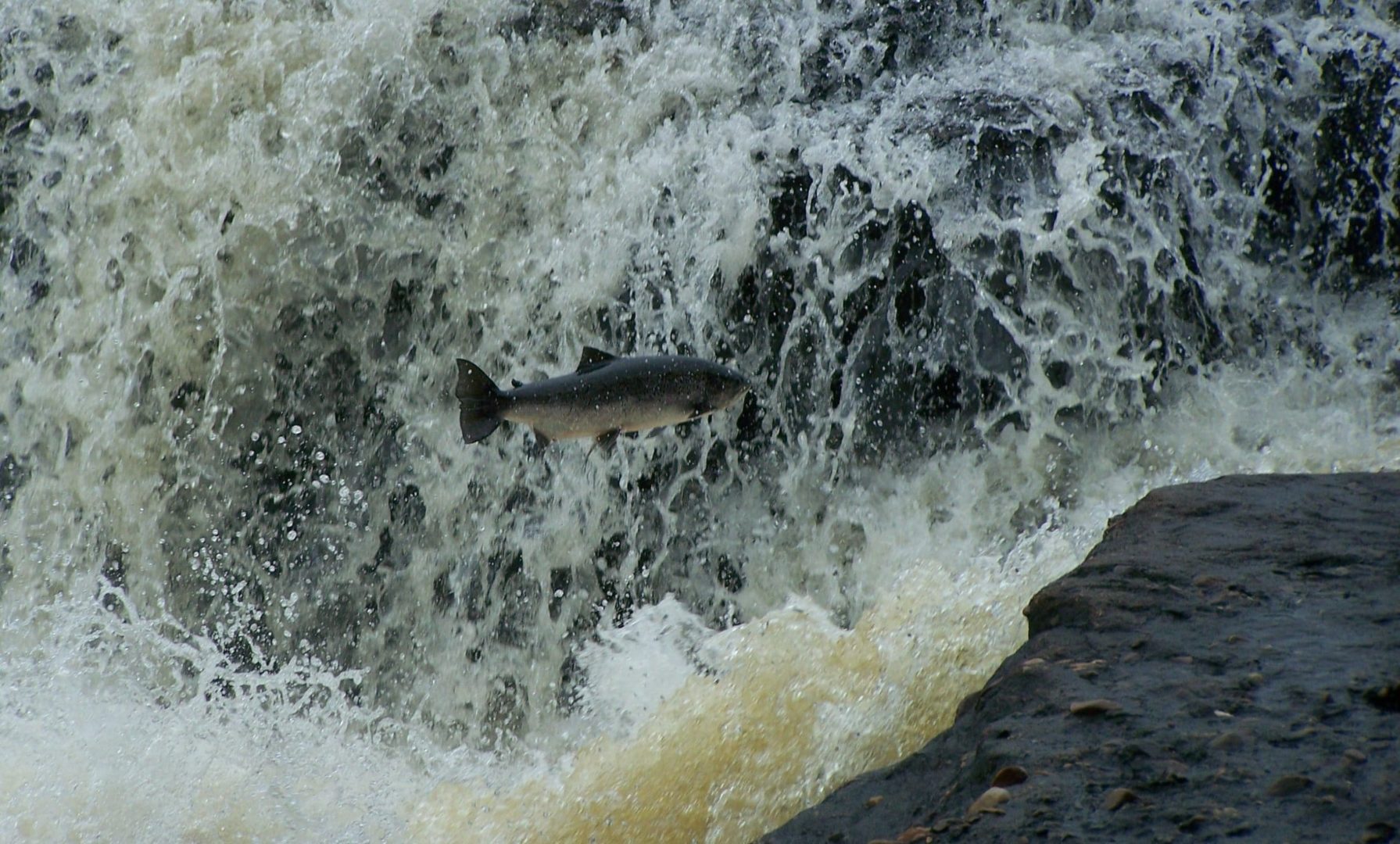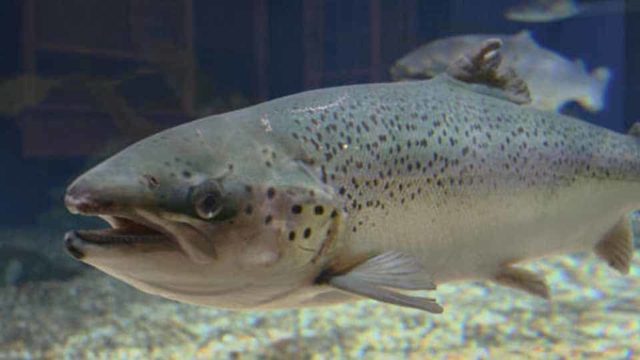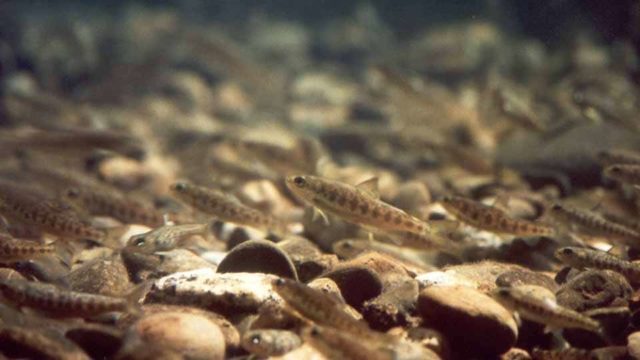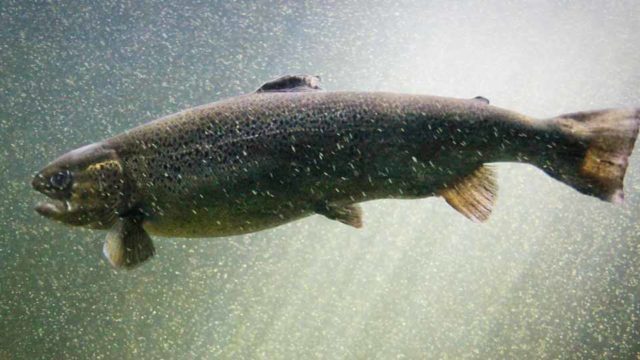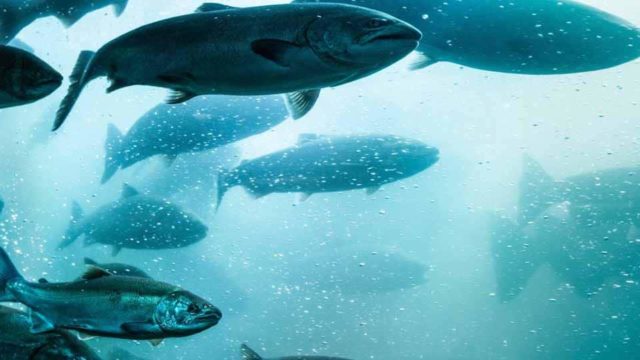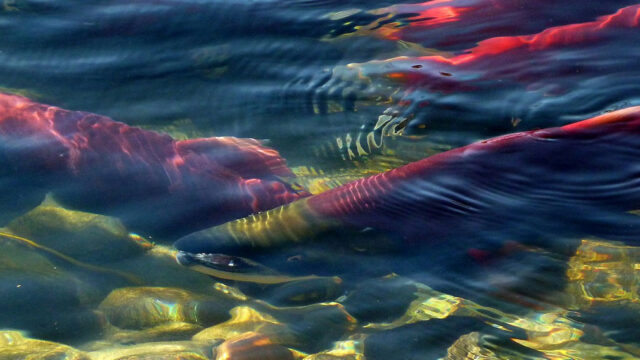Open-net pen salmon farming poses a well-documented threat to wild salmon populations. Farmed salmon can escape and interbreed with wild stocks and diminish their fitness, or transmit disease and parasites.
The Government of Newfoundland and Labrador has stated it intends to double fish farming in the province. With its wild Atlantic salmon stocks already in precipitous decline, it is essential that any expansion of salmon farming takes place in a responsible and precautionary manner.
Unfortunately, that wasn’t happening. The province’s lax regulatory environment meant only a small fraction of open-net pens in the province were subject to environmental assessment.
That’s why Ecojustice, acting on behalf grassroots groups and individuals concerned about the health of wild Atlantic salmon stocks, filed a lawsuit to ensure the Indian Head Hatchery near Stephenville, Nfld., underwent a proper environmental assessment.
The environment assessment for the Indian Head Hatchery expansion was scoped to exclude the project’s marine portion — that is, the open net pens to which an additional 2.2 million salmon smolt will be transferred. The expansion, approved in September 2018, would have resulted in a 50 per cent increase to the hatchery’s production capacity.
On February 27, 2020, the Supreme Court of Newfoundland and Labrador confirmed this was unlawful and that aquaculture projects in the province can’t proceed without a robust and comprehensive environmental assessment. (Salmonid Association of Eastern Newfoundland v. Her Majesty in Right of Newfoundland and Labrador, 2020 NLSC 34.)

